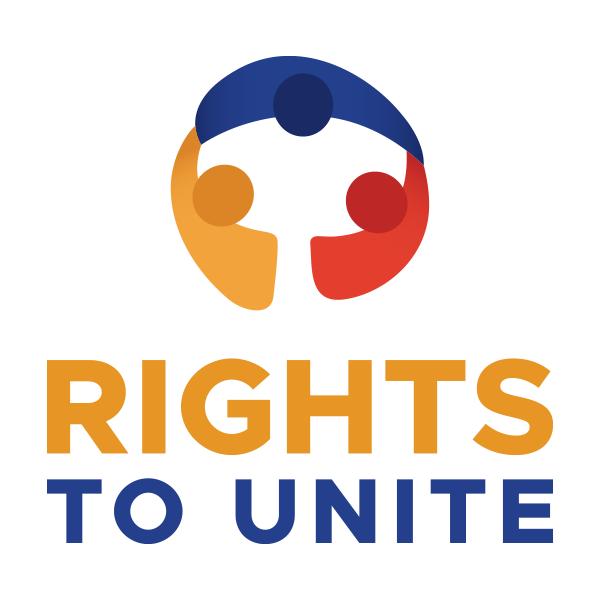
Rights to unite
ERC Project 2024-2028
Integration through rights in a European Society? A new theory on the role of law for integration within and beyond a fractured EU, based on comparative qualitative research. That research will compare the practice of EU-derived rights in Czechia, Greece, Ireland, Sweden (all EU Member States) and Georgia, North Macedonia, Norway, and Northern Ireland (all [part of] EU neighbouring states).

Why rights?
Rights are the tangible element of law for individuals: they empower through giving agency and are also a powerful concept in political and even social discourse. Rights may be used to defend a personal sphere as well as for interaction: retrieving information, gathering and speaking to each other, interacting on markets on fair conditions and without discrimination, forming and designing content are activities relying on rights. Integration through rights captures that interactional dimension.

Rethinking EU integration

Interdisciplinarity
RIGHTS TO UNITE is a socio-legal project, moving across many disciplines including law, political science, sociology and political and legal philosophy. The project relies on legal analysis, interviews and focus groups to develop a new theory of European integration through rights.

Researching rights practice within and beyond borders
Whereas European integration research often focuses on cross-border exchanges within the external frontiers of the EU, RIGHTS TO UNITE investigates how integration through rights can take place in non-transborder situations, and yet may extend beyond the external borders of the EU. RIGHTS TO UNITE explores how the usage of rights enhances or inhibits integration of societies (societalization) at local, national and European levels in the EU and its neighbourhood.